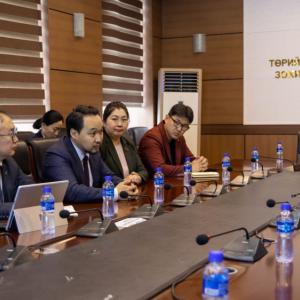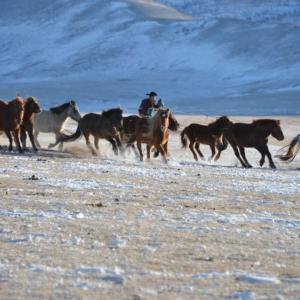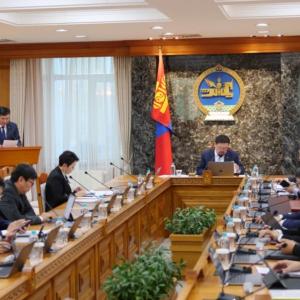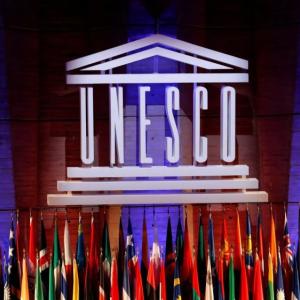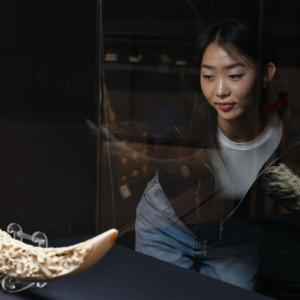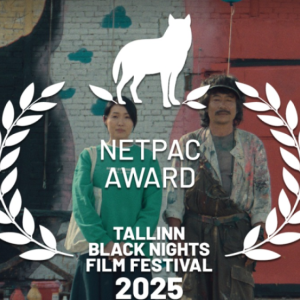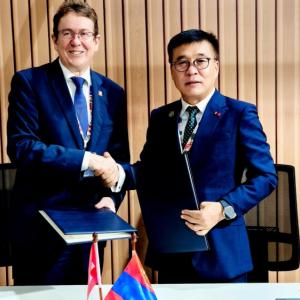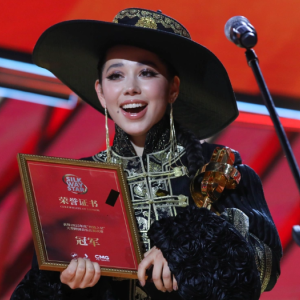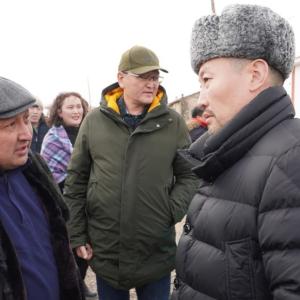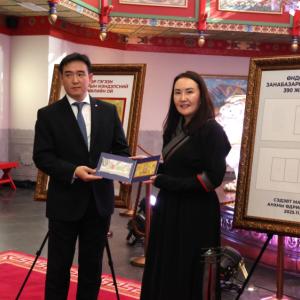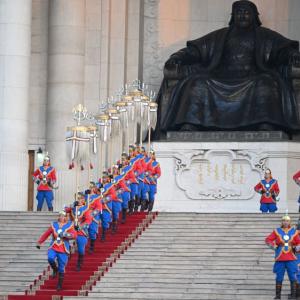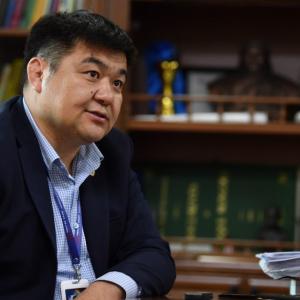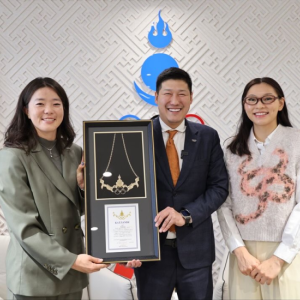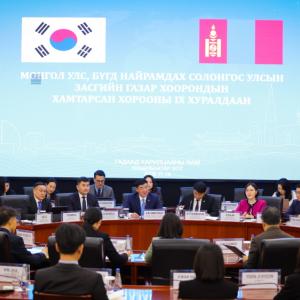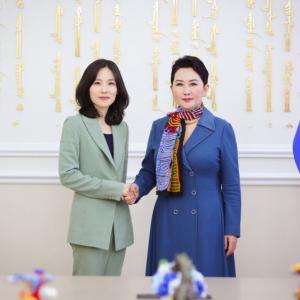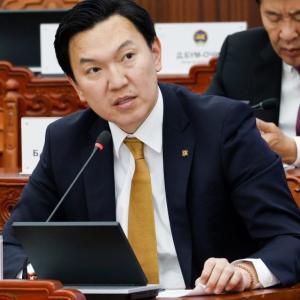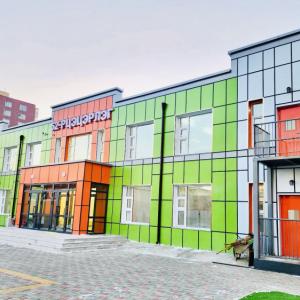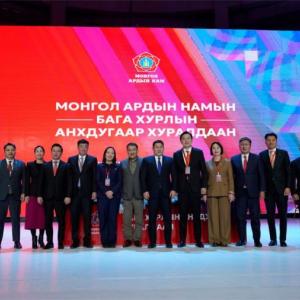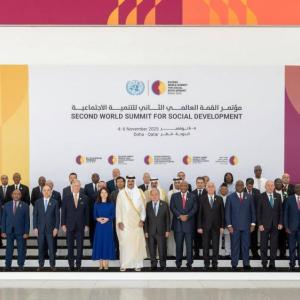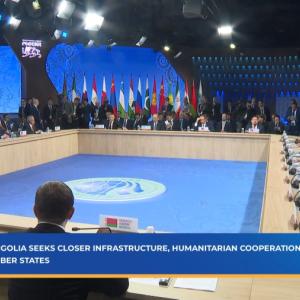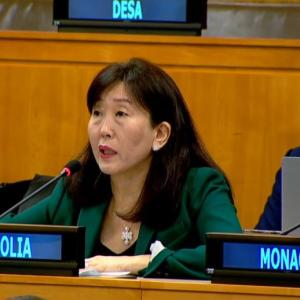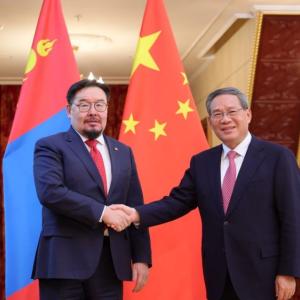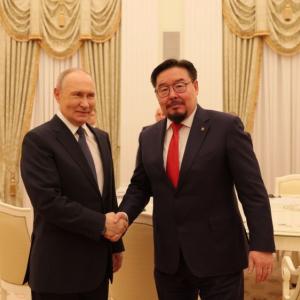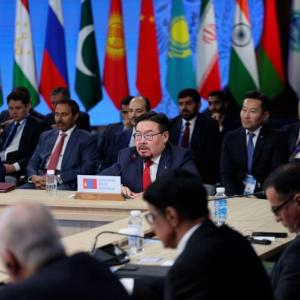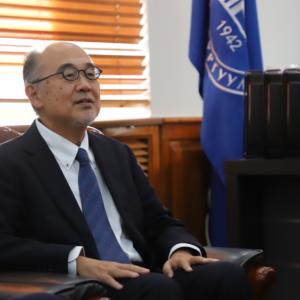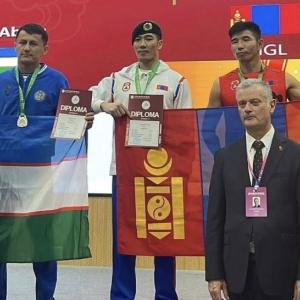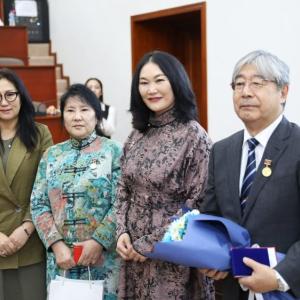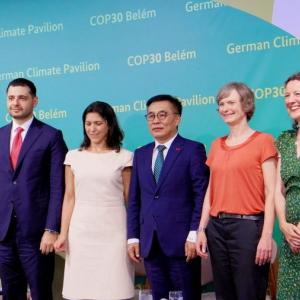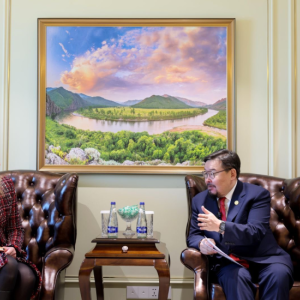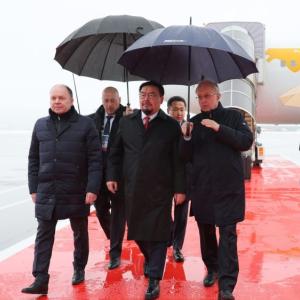Mongolia to Host World Women’s Forum 2024
Politics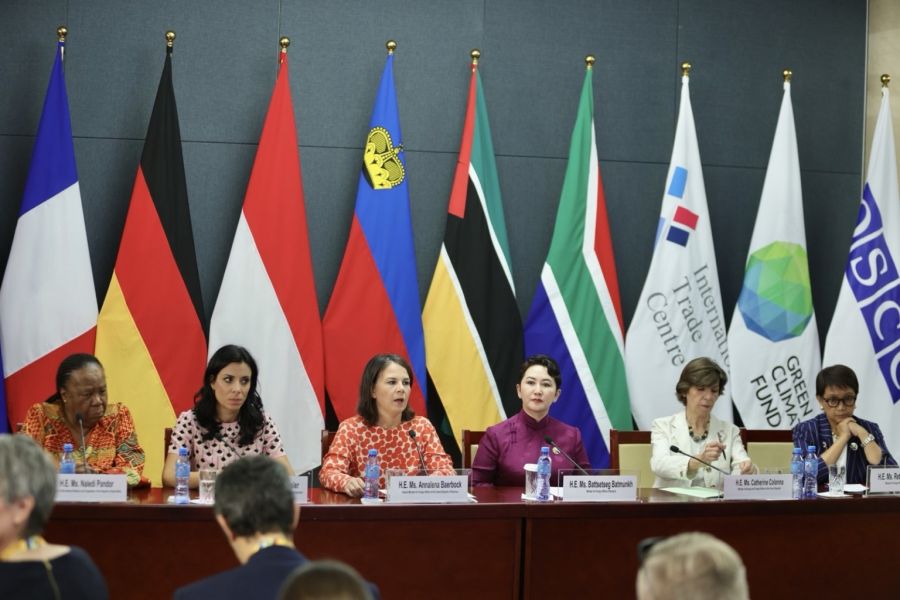
Ulaanbaatar,
August 16, 2024 /MONTSAME/. Mongolia, as a nation, has enshrined
in its Constitution a commitment to human rights, freedom, justice, and the
promotion of gender equality across political, social, cultural, and economic
domains. Moreover, 2024 signifies the centennial celebration of the founding of
the Mongolian Women’s Federation. Hence, under the auspices of President of
Mongolia Khurelsukh Ukhnaa, the World Women’s Forum will be convened on August
22-23, 2024, in Ulaanbaatar, Mongolia, with an aim of holding a constructive
dialogue on the importance of women's empowerment, gender equality, climate
change, and the effective implementation of the Sustainable Development Goals.
Women’s empowerment and gender
equality are vital to building fair, inclusive, prosperous, and peaceful
societies everywhere. These are a key part of achieving Sustainable Development
Goals (SDGs) by 2030.
SDG 5 calls on us to achieve
gender equality and empowerment for all women and girls by 2030 – a deadline
that is fast approaching. It has been 29 years since the "Beijing
Declaration and Platform for Action" adopted by the Fourth World Conference
on Women held in Beijing in 1995. However, its implementation remains
insufficient. According to gender statistics, major challenges faced by women
include increasing their participation in the decision-making process,
promoting women's employment, and enhancing their economic capabilities.
Building a world free of
gender inequality is our shared goal, and it is our collective duty and
responsibility to collaborate in its realization. The world must realize that
women's participation and leadership are indispensable in solving the most pressing
issues such as climate change, and poverty.
Women leaders from all
aspects, including Heads of State and Governments, Foreign Ministers,
Ministers, Heads of international organizations and international NGOs, UN good
will Ambassadors, as well as businesswomen, artists, and athletes participate
in the Forum.
The main part of the World
Women’s Forum consists of the opening session, plenary meeting, closing session
and the following six thematic sessions.
Women leaders accelerating
environmental action (UN Women, UNEP)
Gender inequality coupled with
climate change is the defining threat of our times, and global action to
respond to and address environmental changes justly for people and the planet
is urgent. Gender inequalities exacerbate the impacts of climate change for
women and girls; for example, UN Women and UN DESA estimate that by 2050, more
158 million women and girls globally may be pushed into poverty. Women’s
leadership and full, equal and meaningful participation is paramount to
ensuring inclusive environmental action and resilience building. As we move
towards the Summit of the Future in 2024 and Beijing+30, it is now more
critical than ever to underscore the principles of gender equality and women’s
empowerment in all in our efforts on environmental action. The “triple
planetary crisis” of climate change, biodiversity loss and pollution need to be
resolved as a global community and we need to ensure no one is left behind.
Sustainable Future: Role of
Women in Shaping Food Systems (FAO, IOM, WHO)
The role of women in shaping
food systems is indispensable for achieving a sustainable future. Their roles
span from production and processing to distribution and consumption, making
them critical actors in addressing the interconnected challenges of food
security, malnutrition, health, climate resilience, and human mobility. By
empowering women, we can catalyze significant progress towards achieving the
Sustainable Development Goals (SDGs). It is crucial to recognize and celebrate
their invaluable work and to support them in assuming more leadership
positions.
Towards Gender Equal Economies
(UNDP)
Achieving gender equality and
the Sustainable Development Goals (SDGs) by 2030 requires substantive reforms
in current economic structures. Taxation and fiscal policies can perpetuate
inequalities and reinforce gender norms, but they can also play a crucial role
in shaping gender equality and power dynamics. An increasing number of
countries are working to understand better the relationship between the SDGs,
gender equality, tax, and fiscal policies and to conduct structural reforms
towards gender-equal economies. Private capital and financial institutions also
play a significant role in achieving the SDGs and gender equality. Mongolia is
one of the pioneer countries in the Asia Pacific region embarking on the
structural alignment of its fiscal policies with gender equality aim supported
by UNDP.
The importance of education in
empowering women and girls, and its impact (UNICEF, UNFPA)
Education enables women and
girls to assume responsibility in decision-making process and empowerment not
only in the family but also in the external environment. Education is important
for women to understand their right to be treated equally in society the same
as men.
Going beyond “traditional
education” to primarily explore ": i) The challenges and solutions for
girls participating in STEM education and careers in the Asia-Pacific region
and the need for increased government investments in this regard; ii) The need
for comprehensive definitions, regulatory guidelines, frameworks and
legislations on online and technology-facilitated gender-based violence
(OTFGBV,; and, iii) Engage young people
and community stakeholders meaningfully via gender-transformative approaches in
CSE curriculum development. The session will also Identify good practices and
lessons learned from the Asia-Pacific region in general that focus on the above
3 components in building a more inclusive, just, and sustainable future via
exploring solutions for empowering women and girls.
Gender Equality in Sports,
Arts, and Culture (UNESCO)
Sports serve as a powerful
platform for promoting social inclusion and gender equality. Female athletes
have made great impacts in breaking barriers and inspiring change. In many
countries, female athletes continue to excel and advocate for equality, making
significant strides in their respective fields. However, women in sports often
face intersectional vulnerabilities, especially those from marginalized
communities. In the culture and the art sector, female professionals are often
subjected to gendered harassment, censorship, intimidation, and defamation
campaigns both in the digital and physical realms. They are frequently targeted
with accusations of indecency, blasphemy, or violations of public order and
morals, which are used to curtail their artistic freedom.
Cultural heritage, arts, and sports at the same time are instrumental in addressing gender inequality by
challenging stereotypes and promoting diverse narratives. By highlighting
women's historical contributions and using the arts to share their stories, these
sectors can shift societal norms and raise awareness about gender issues.
Women in Digital Economy
(Mongolian National Chamber of Commerce and Industry, UNESCAP)
In the global landscape,
enhancing female economic participation is critical for achieving both gender
equality and economic prosperity. The global female economic participation rate
for women is just over 50% compared to 80% for men. In East Asia and the Pacific,
the female economic participation rate is 44.2% whilst in Mongolia 53.4%.
In Mongolia, women play
pivotal roles in business leadership, heading 24% of top 100 companies, 60% of
SMEs, and roughly 85% of small to micro enterprises as of 2023. However, they
encounter significant challenges, including disproportionate time spent on
unpaid work, limited access to finance due to collateral often being in the
male household member's name, and low digital and financial literacy,
especially in rural areas.
Efforts to address these
challenges require collaboration among policymakers, the private sector, civil
society, academia, and international organizations. The integration of
digitalization within the economic framework offers promising solutions, reducing
operational costs, expanding business horizons, improving efficiencies, and
accessing broader markets. These initiatives not only bolster women's
participation in the economy but also enhance societal well-being.
The Forum will provide a
platform for women leaders in all aspects to engage and build momentum towards
the 30th Anniversary of the adoption of the "Beijing Declaration and
Platform for Action". The Forum will adopt an outcome document with recommendations
from the thematic sessions.
 Ulaanbaatar
Ulaanbaatar





